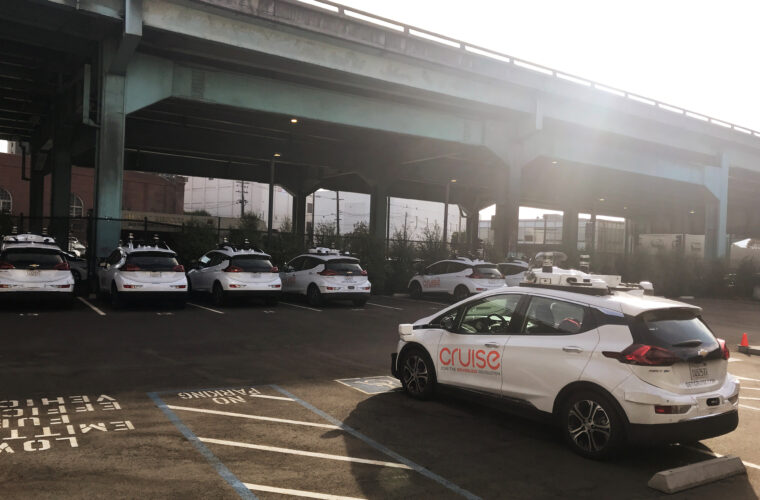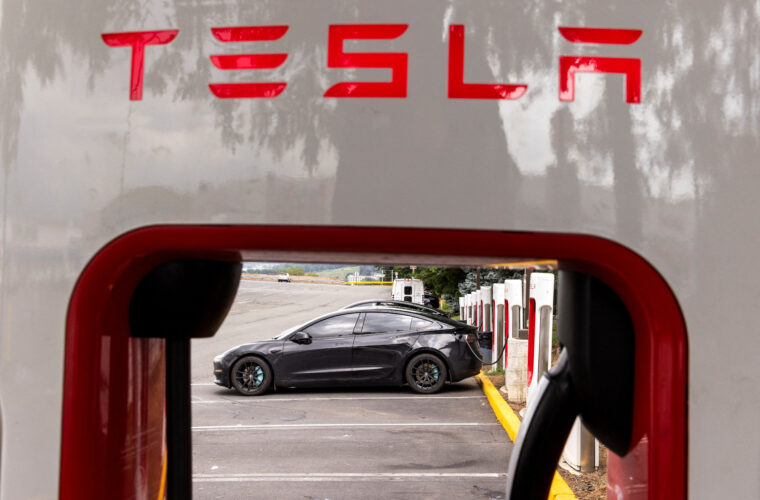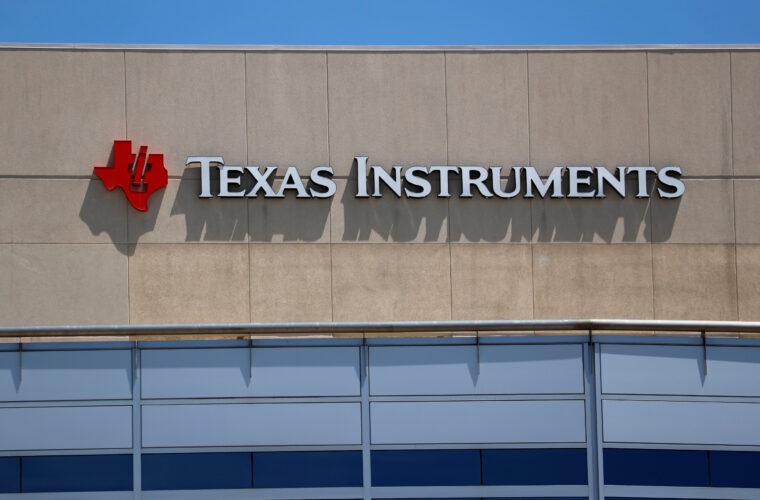A day in a life of a teacher is long.
AI teacher: First, they should prepare class materials and lesson plans to keep their students focused throughout the school hours. Entering a classroom, teachers check if their students are all present and, finally, do lessons according to their plans. In between classes, they also have to take care of administrative and office work before they sign off.
What’s worse, teacher workloads have increased since the pandemic. Reports from many countries, including the United Kingdom and Singapore, said that educators are buckling with the increased work hours and staff shortages.
The situation is not much different in South Korea, either. Teachers at daycare centres in the country also say that they do not have any breaks due to “overwhelming” workloads.
To lessen the burden on the shoulders of educators, developers in the country started to make “robots” that can look after children for them. These developers equip artificial intelligence in their robots and let them do short, simple lessons while teachers do other school works.
South Korea is already promoting these AI-powered teaching assistants in the education industry.
Last year, Seoul hired their first round of AI teachers at daycare centres with high expectations of their effective capability. Almost 300 AI teachers are “taking care” of children in the centres.
While many show hopes for the development of AI teachers to help teachers with overloaded tasks, some question what capabilities and roles these robots can conduct, and how effective they can be.
AI Teacher in the Heart of Korea

Alpha Mini, the AI teacher that Seoul hired last August, has one main responsibility at its workplace: To keep children entertained. The 30-centimetre-tall humanoid robot can tell stories, dance to music, sing educational songs, and play simple games with children.
The robot can interact with children without any difficulties, according to the Seoul City Office’s press release. The robot knows how to express its feelings, such as happiness and sadness. It also blinks its eyes when it is talking and displays heart-shaped symbols on its eyes when they feel delighted.
“Alpha Mini is like one of those teaching aids for children,” an official of the Seoul City Office, who wished not to be named, told 4i Magazine.
“Children used to play on their own with wood or plastic toys before (when their teachers are busy). They now can have a more active, cheerful playtime owing to Alpha Mini, applied with smart, digital technology.”

The official explains hiring Alpha Mini at daycare centres is one of the efforts to digitalise the teaching and learning process. It was also a campaign promise of incumbent Seoul Mayor Oh Se-hoon. Oh vowed to establish a remote home-schooling and AI childcare system when he was running as a candidate.
Seoul will soon decide whether or not to continue its employment contract with AI teaching robots. After reviewing the feedback it received from the daycare centre teachers and workers.
“The survey results we received from the teachers are now under review,” the official confirmed. “We will continue deploying these AI teachers at the centres this year if they are found to be helpful.”
Alpha Mini
Alpha Mini is not the only robot that is working with the teachers. VEVO, developed by Global Bridge Holdings, a childcare service company based in Japan, works at company-owned daycare centres, too.
VEVO’s responsibilities are focused on monitoring how children are doing at the centres and reporting the collected data to the parents. Through the sensors attached to children’s nappies, VEVO can detect whether children are lying down on their stomachs. Also it counts how many hours they slept, and check their body temperatures. The robot can also update the parents on the centres’ daily meal plans and take attendance of children.
A report says that VEVO received generous, positive reviews from its users. Saying that teachers can take extra care of every student and have more bonding time with the children thanks to the robot.
How is AI Teacher Different from AI Assistant? Then how do these robots exactly work?
The product guide of Alpha Mini says that the robot adopted CLOVA, AI assistant software developed by tech giants, Naver Corporation and Line Corporation. Alpha Mini responds when the name “CLOVA” is called and can navigate content available on Naver, the biggest search engine in South Korea.
Many of CLOVA’s functions are available as application programming interface (API) services for developers. The services that Alpha Mini allegedly used are speech recognition and speech synthesis.
Speech recognition is a service that allows assistant applicants, chatbots, and other products to recognise the human voice and provide responses. The input voice data is automatically transmitted to the voice recognition engine of CLOVA, and the engine changes the voice data into text.
Speech synthesis is a different service from that. It is an automated voice synthesiser that reads any texts, such as road directions or news articles. The CLOVA website explains that input text data is changed into the representational state transfer API (RESTful API) and transmitted to the main server. The server then transforms the API data into speech data and delivers it back to the sender.

With the help of these services, Alpha Mini can read textbooks, play games, and communicate with children. But these functions are what the conventional AI assistants available in the market, such as Alexa from Amazon, can also do.
Furthermore, Alpha Mini seems like it can comprehend only one person’s speech at a time, which is a challenge in classes where multiple children talk.
Shin Yu-jin Daycare Centre
Shin Yu-jin, a daycare centre teacher based in Gumi, South Korea, pointed out that AI teachers like Alpha Mini will just become “another toy” for children if they can communicate with only one individual at a time.
“Alpha Mini seems to be struggling to understand speeches when many people talk to him at the same time,” Shin said during an interview with 4i Magazine.
“The robot might end up becoming a toy that only a few children in the class play with unless (the developers) make other technological advancements.”
JM Robotics, the company that built Alpha Mini, did not answer 4i Magazine’s request to share a detailed explanation on their recent developments and technology used for Alpha Mini.
Do We Need AI Teacher?
The global educational robots market is expected to grow in the next few years, too. A report said that the market may reach a size of $641 million by 2023 thanks to the soaring demand. The size can become even bigger if the prices of robots become more affordable and when their uses are more commercialised.
Shin thinks that AI teachers still can be a great help to the teachers.
“As these robots have many functions that human teachers don’t, they can entertain children in whole new ways,” she said. “They also have a database of abundant knowledge stored in their cloud. It means they are ready to answer any questions that children might have.”
Rose Luckin, a professor at the University College London Knowledge Lab, also said during an interview with Futurism that AI teachers can perform collaborative roles, working alongside the teachers.
Luckin says teachers won’t have to be concerned about the lack of oversight with the assistance of AI teachers. The automated teachers can also take attendance or give help in drafting lesson plans that correspond to class curriculums.
Seoul shows high hopes for AI teachers working at daycare centres, too.
“Children are having a hard time as their outdoor activities are restricted due to the spread of COVID-19,” Kim Sun-soon, who leads the Women and Family Policy Department at the Seoul City Office, was quoted by reports as saying.
“Robots like Alpha Mini can be great assistant teachers helping the human teachers. Talking robots will help children to be more focused and lessen the burden of teaching.



